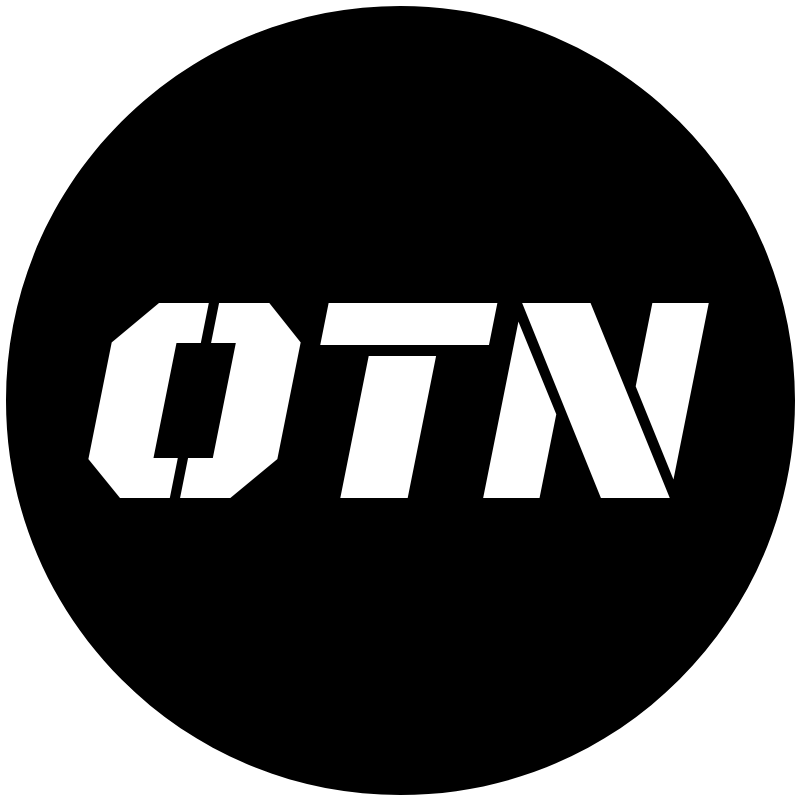It’s no secret that most esport leagues and organizations are struggling over the past several years due to COVID-19 restrictions and now uncertain economic times. In a moment of transparency, Activision Blizzard submitted an SEC filing on May 4th stating both Overwatch League (OWL) and Call of Duty League (CDL) have been hit with financial struggles, along with other issues, including the declining viewership numbers and departure of sponsors.
In the filing, Activision Blizzard states, “Our collaborative arrangements for our professional esports leagues (i.e., the Overwatch League and the Call of Duty League) continue to face headwinds which are negatively impacting the operations and, potentially, the longevity of the leagues under the current business model. We continue to work to address these challenges, which could result in significant costs, and such efforts may prove unsuccessful.” One major hurdle is the combined $400 million that is currently tied up in delayed franchise payments from both OWL and CDL teams dating back to 2020. Back in January of this year, esports reporter Jacob Wolf reported that a majority of OWL teams have retained a law firm to start the collective bargaining process against the league due to years of high operating costs and failed promises on revenue.
Just last month, Jacob Wolf also reported that Activision Blizzard settled a lawsuit from the Department of Justice (DoJ) over player salaries in both CDL and OWL. The DoJ claimed that Activision Blizzard illegally set rules to keep players’ salaries down by penalizing teams that spent more on player salaries than an amount decided on by Activision Blizzard. Jonathan Kanter, a Justice Department antitrust division assistant attorney general said, “Video games and esports are among the most popular and fastest growing forms of entertainment in the world today, and professional esports players—like all workers—deserve the benefits of competition for their services.”
Another major issue facing OWL and CDL is the expiration of the agreement between Blizzard and NetEase that allowed Blizzard titles to reach China-based gamers. Not only have gamers lost access to the video games they spent years playing and investing in, but this also translates to a loss of major viewership numbers and interest in Activision Blizzard esports leagues.
With the United Kingdom’s Competition and Markets Authority (CMA) rejecting Microsoft’s acquisition of Activision Blizzard, the uncertain fate of both Overwatch League and Call of Duty League is very real.
Logos from: Activision Blizzard


